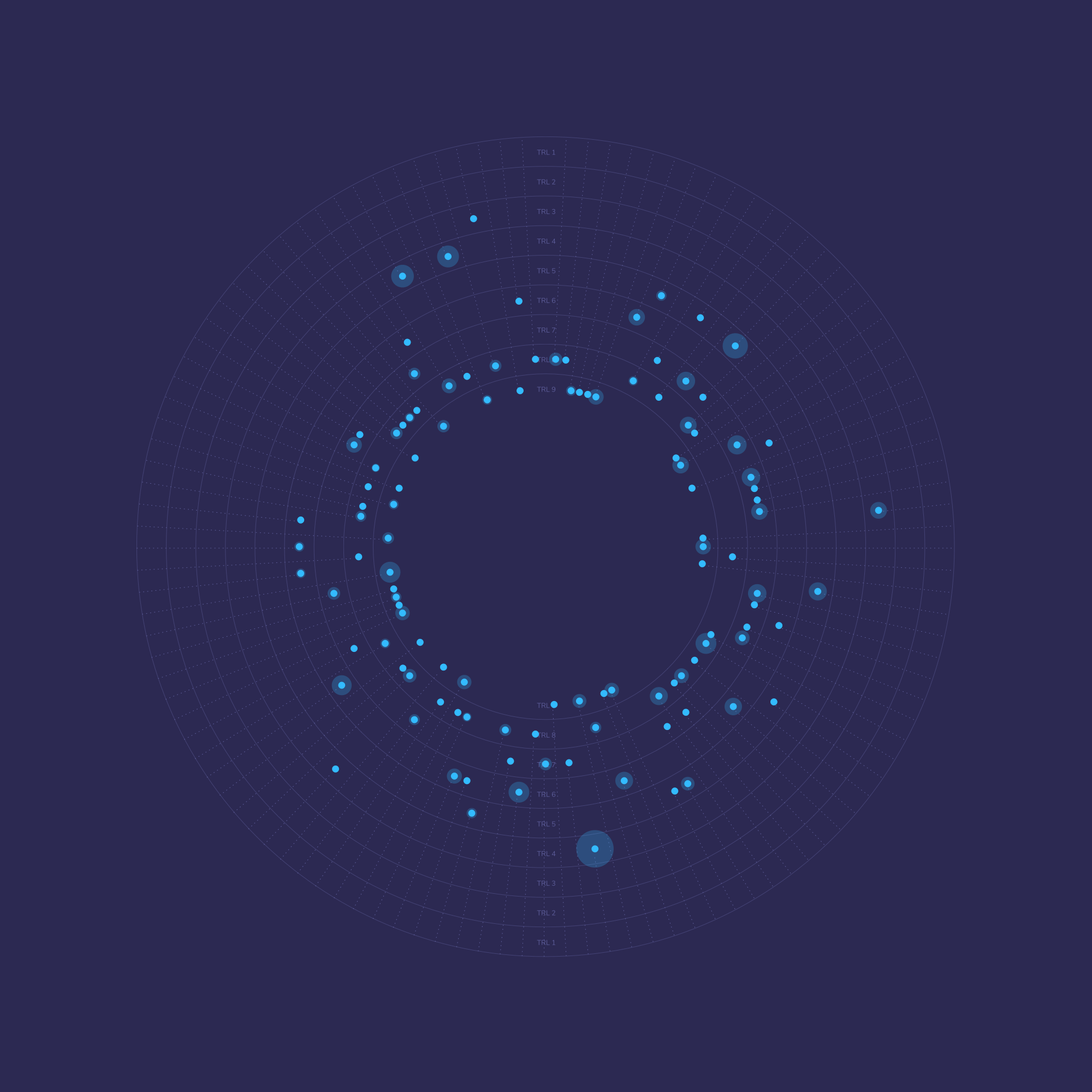Intention Economy
Laura Del Vecchio
© rcfotostock @ stock.adobe.com
Key Considerations
In the digital market, products are marketed in a fraction of seconds. Without even selling products themselves, brands profit from the time users spend online while navigating throughout the web. The current marketing approaches are based mainly on viewership, where users pay attention to products across multiple devices either on desktop or mobile webs and applications. Online consumption soared in 2020, where the pre-Covid average daily time spent online was 48% lower than of post(and during)-pandemics according to Forbes.
However, even if online consumption is soaring exponentially, especially considering brands' efforts on digital advertising through cookies and the use of users' personal data, it does not necessarily mean that customers are getting what they want. In the Attention Economy, the attention-grabbing approach is also considerably impactful to the environment, where products are being sold and manufactured using scarce resources and producing more waste than value to the buyers themselves. According to Statista, it is expected that online shopping will reach $6.5 trillion, so is the revenue. This does not mean that the products and assets being purchased are those desired by the customer; neither they need to acquire them.
Global companies and businesses are starting to adopt novel methods to interact with the market by earning their customers' willingness to engage with their brands. Doc Searls coined this strategy as Intention Economy, where vendors act upon individual intentions instead of vying for the attention of many. While altering the traditional supply-demand balance, it also empowers users to take a more proactive role in the market.
Technological Solutions Involved
With the rise of Machine Learning Data Analytics Tool, businesses are offering products and services targeted to more specific personal needs. Distinguished from Attention Economy, this business model could bring individual sovereignty to customers over their data where they would, together with sellers, decide the portion of their data they would like to disclose. In this framework, the buyer notifies the market of the intent to buy, and sellers compete for the buyer’s purchase. Demand would drive supply far more directly and efficiently, while the need for and significance of advertising could diminish greatly.
But it is no easy task to provide hyper-tailored advertising to customers when digital access is so overwhelming. Also with the help of AI-based applications, such as Machine Learning Ad-targeting, companies are generating thousands of personalized banners per second, even undertaking the design and rendering of this material, based on an individual’s preferences. This application could eliminate error-prone focus groups and disjointed data to bring real-time, relevant insights to help organizations understand, plan, and design better their products. Marketing budgets could benefit from this software while reducing some of the sources of fraud, like click injection or simulated ad clicks.
Key Players
MyWave: The North American company MyWave is offering their customers the option of hyper-personalizing the ads they have access to online. They offer a smart platform in which users can filter what they want to see and how they appear. This AI-based solution intends to change the current push‑based transaction model to a new two-way permission-based relationship based on mutuality and real value on the products customers buy.
Alibaba Group: Alibaba's proprietary Content Delivery Network (CDN) feature offers users a cache static and dynamic resource management feature that allows users to retrieve the desired information instead of pushing content based on brands market value, enabling a more personalized experience and less time-consuming access to online data.
Opportunities & Challenges
In the shipping industry, the use of this sort of data could prevent unnecessary deliveries; only specific and regular orders would take place. In terms of welfare, healthcare systems could become more predictive than reactive; by enhancing government metrics, it may be possible to quantify citizens' desires and needs by location.
In the long run, consumers may be able to improve the use of their data through increased collaboration between organizations, customers, and citizens. Although awareness of climate change has been growing, customers often lack choices when purchasing sustainable products. In an economy where demand more directly drives supply, the voice of each customer becomes stronger and has a more proactive role during negotiations. On the other hand, entirely created personalized ads could become gold to advertisers, not to customers. In a fair case scenario of this economic model, customers would come to companies with their demands, proposals, ideas, and requirements, not the other way around. By transacting this way, clients could also increase the construction of their loyalty programs and rules, besides dictating their terms of service and payments.
On an individual level, it is difficult to measure the consequences of spending so much time online, even if the content being displayed is tailored according to the users' demands and needs. As attention is calculated through the time users dedicate daily to their mobile devices or desktop servers, it is essential to not simply contemplate the immediate outcomes of exposure to social media, but the crowding out of other activities, such as how users consume online content and what they actually have access to —which much of the perceived conclusions are yet unexplained.
